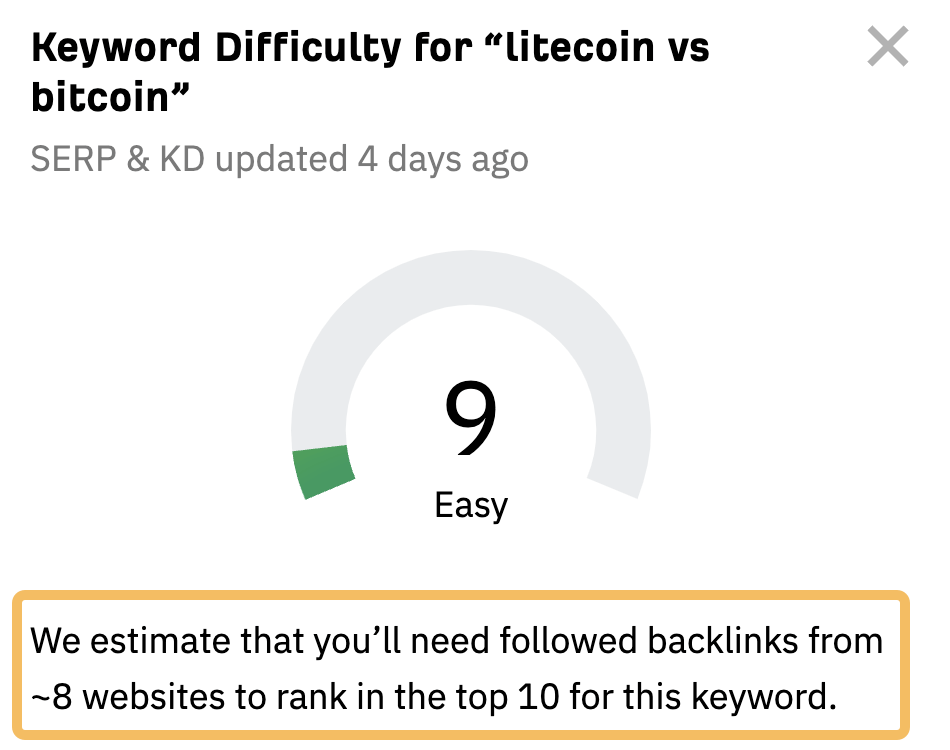History of Dhanteras and Diwali
Introduction:
Dhanteras and Diwali are two of the most eagerly awaited festivals in India, celebrated with great enthusiasm and fervor. These festivals are deeply rooted in Indian culture and traditions, and they hold a special place in the hearts of people across the country. In this blog post, we will delve into the rich history and significance of Dhanteras and Diwali, exploring their origins, customs, and the way they are celebrated today.
Dhanteras: Day 1 of Diwali Celebrations
1. Origin and Mythology:
Dhanteras, also known as "Dhanatrayodashi," is celebrated on the thirteenth day of the dark fortnight of the month of Kartik. The word "Dhanteras" is derived from "Dhan" meaning wealth and "Teras" meaning the thirteenth day. This day holds a significant place in Hindu mythology as it is associated with the emergence of Lord Dhanvantari, the divine physician. According to legends, during the churning of the ocean (Samudra Manthan), Lord Dhanvantari emerged with the pot of elixir, symbolizing health and well-being.
2. Traditions and Customs:
On Dhanteras, people traditionally clean and decorate their homes. The lighting of oil lamps and diyas is a common practice to ward off evil spirits. One of the most significant customs of Dhanteras is the purchase of gold and silver items, as it is believed to bring prosperity and good luck. Many people buy utensils, jewelry, or even start new ventures on this auspicious day.
3. Significance in Modern Times:
While Dhanteras continues to be a day to worship wealth and prosperity, it has evolved to also symbolize financial well-being and investments. It is considered an ideal day to make important financial decisions and investments in the stock market. Dhanteras essentially kickstarts the festive season leading up to Diwali.
Diwali: The Festival of Lights
4. Historical Origins:
Diwali, also known as Deepavali, is a festival with ancient origins. It is celebrated to commemorate various legends, the most famous being the return of Lord Rama to Ayodhya after defeating the demon king Ravana. The lighting of lamps and fireworks symbolizes the triumph of light over darkness and good over evil.
5. Religious and Cultural Significance:
Diwali is celebrated with immense fervor by different communities and regions across India. It holds religious and cultural significance for Hindus, Jains, and Sikhs. While the specific legends and traditions may vary, the central theme of celebrating the victory of good over evil and the importance of inner light remains consistent.
6. Modern Celebrations:
Modern Diwali celebrations are a dazzling spectacle of lights, fireworks, and festivities. People light up their homes with oil lamps, candles, and colorful electric lights. Exchanging gifts and sweets among friends and family is a common practice. Visiting temples and offering prayers to deities are an integral part of Diwali traditions.
Conclusion:
Dhanteras and Diwali are not just festivals; they are reflections of India's rich cultural heritage, traditions, and the values it holds dear. These festivals bring people together, irrespective of their religious beliefs, to celebrate the triumph of good over evil, light over darkness, and the promise of a brighter future.
Trending FAQs:
FAQ 1: Why is Dhanteras celebrated on the first day of Diwali?
Dhanteras marks the beginning of the five-day Diwali festival. It is celebrated on the thirteenth day of the dark fortnight (Krishna Paksha) of the Hindu month of Kartik. The word "Dhanteras" is derived from "Dhan" meaning wealth and "Teras" meaning the thirteenth day. It is celebrated on the first day of Diwali because it is believed to be the day when Lord Dhanvantari, the divine physician, emerged during the churning of the ocean with the pot of elixir, signifying health and well-being. Dhanteras is dedicated to the worship of wealth and prosperity, making it an auspicious day to begin the Diwali celebrations.
FAQ 2: What are the best Diwali gift ideas?
Diwali is a time for exchanging gifts and spreading joy. Some popular Diwali gift ideas include:
1. Traditional Sweets: Boxes of assorted sweets like ladoos, jalebis, and barfis are always well-received.
2. Diwali Decor: Decorative items like diyas, candles, and rangoli stencils can make great gifts.
3. Dry Fruits: A beautifully packaged box of premium dry fruits is a healthy and thoughtful choice.
4. Gold and Silver: Gifting gold or silver coins or jewelry is considered highly auspicious.
5. Personalized Gifts: Customized items like photo frames, mugs, or calendars add a personal touch.
6. Apparel: Traditional Indian clothing like sarees, kurtas, or accessories are also appreciated gifts.
7. Electronics and Gadgets: High-tech gadgets or smartphones are popular choices for tech-savvy individuals.
8. Books: Thoughtful book selections tailored to the recipient's interests make for meaningful gifts.
FAQ 3: How to make traditional Diwali sweets at home?
Making traditional Diwali sweets at home is a delightful way to celebrate the festival. Here's a simple recipe for one of the most loved sweets, "Besan Ladoo":
Ingredients:
- 1 cup besan (gram flour)
- 1/2 cup ghee (clarified butter)
- 1/2 cup powdered sugar
- A pinch of cardamom powder
- Chopped nuts (almonds, cashews) for garnish
Instructions:
1. Heat ghee in a pan and add besan. Roast on low flame until it turns golden and aromatic.
2. Remove from heat and let it cool slightly.
3. Add powdered sugar and cardamom powder to the roasted besan and mix well.
4. Shape the mixture into small, round ladoos while it's still warm.
5. Garnish with chopped nuts.
6. Allow them to cool completely, and your homemade Besan Ladoos are ready to enjoy.
These FAQs provide valuable information about the significance of Dhanteras, gift ideas for Diwali, and a simple recipe for a popular Diwali sweet.










.png)












































